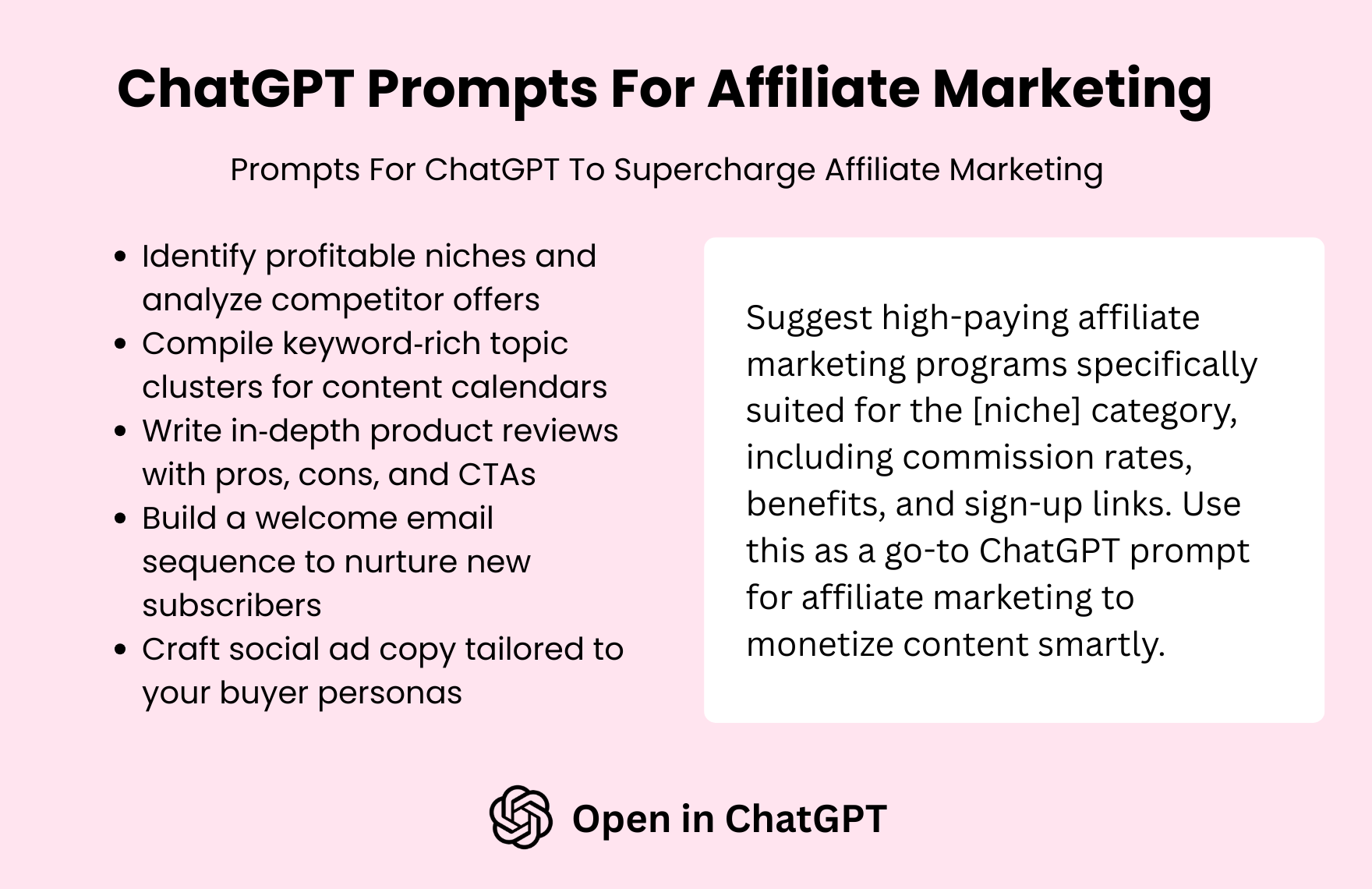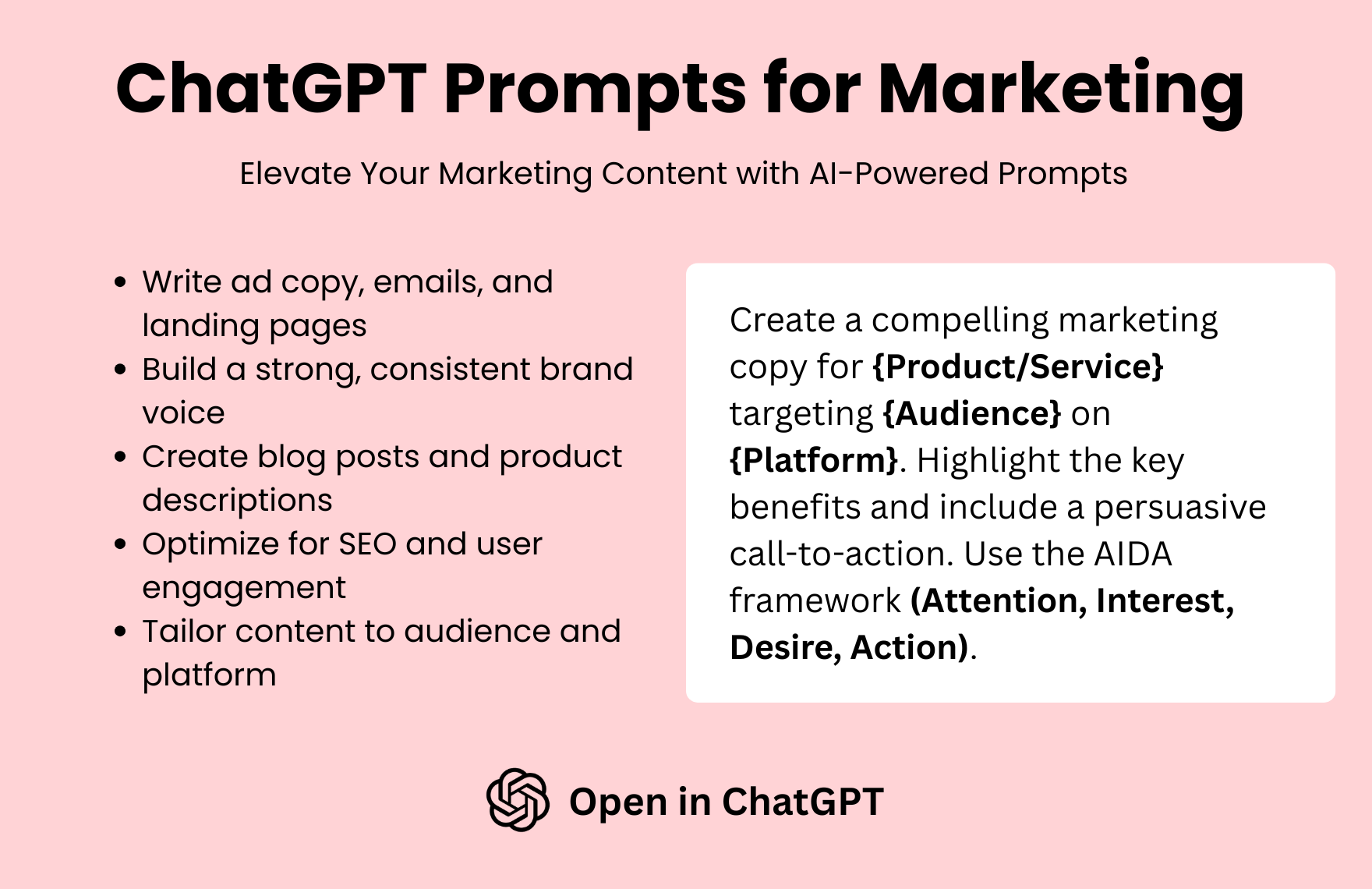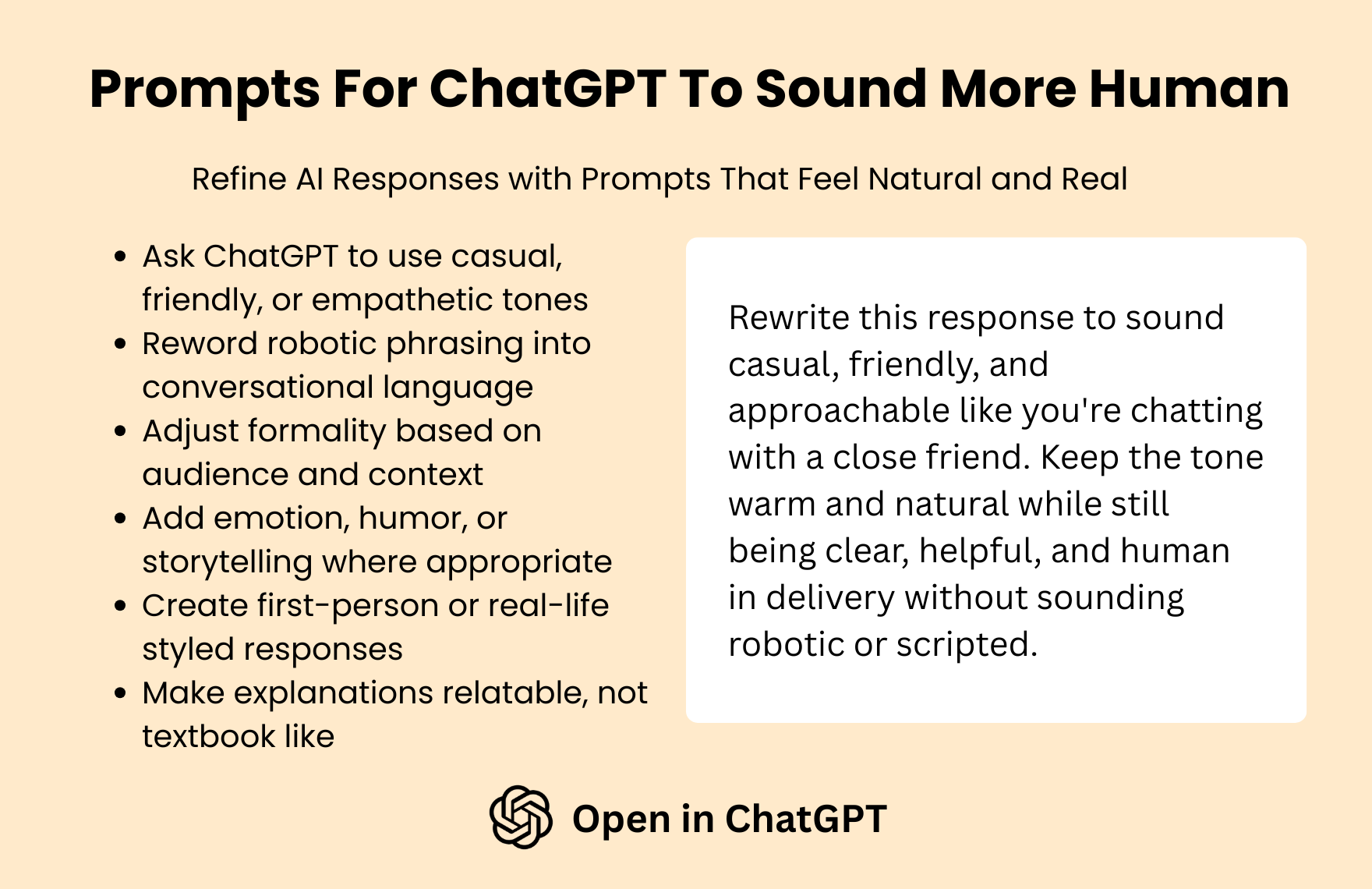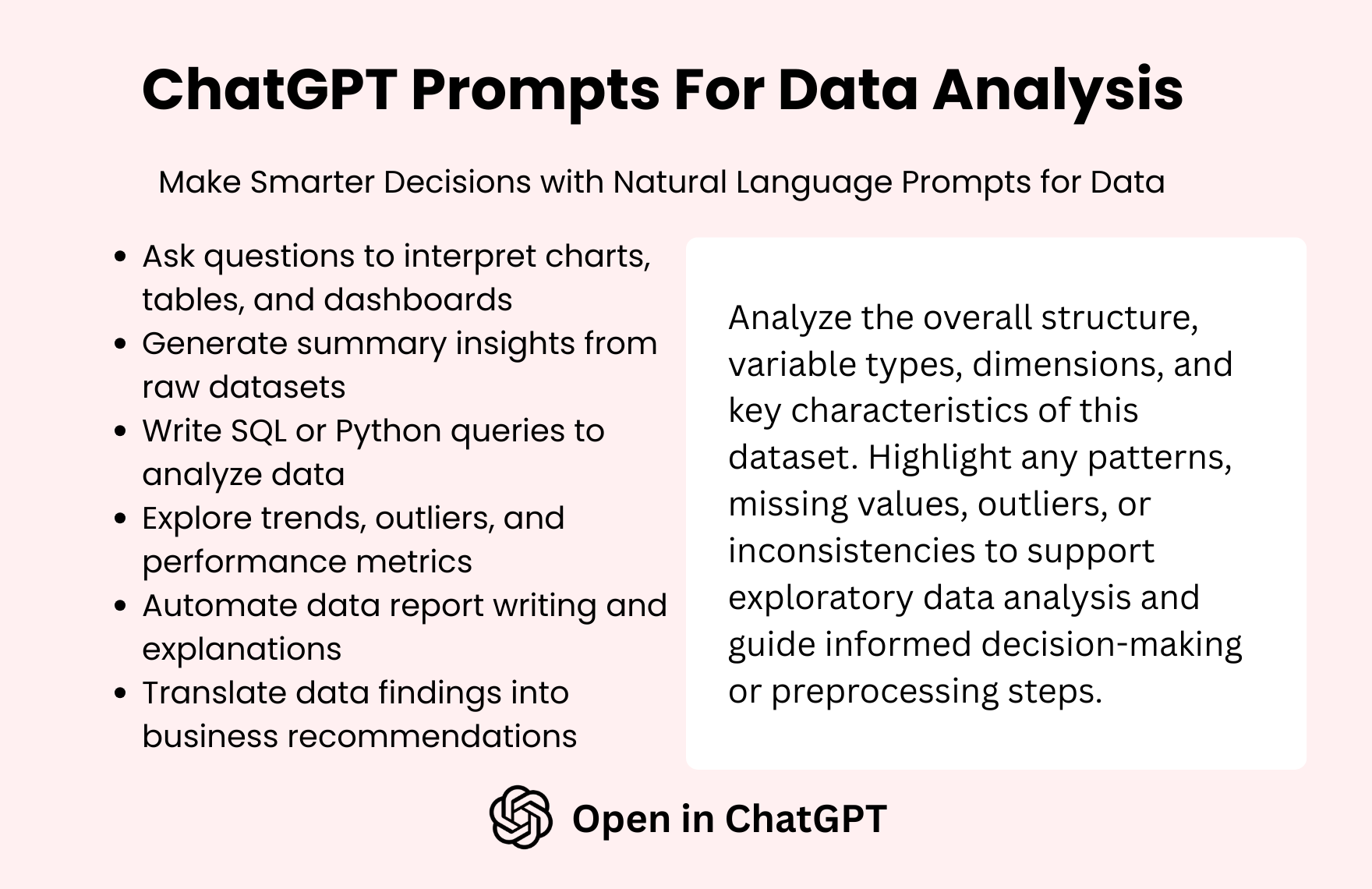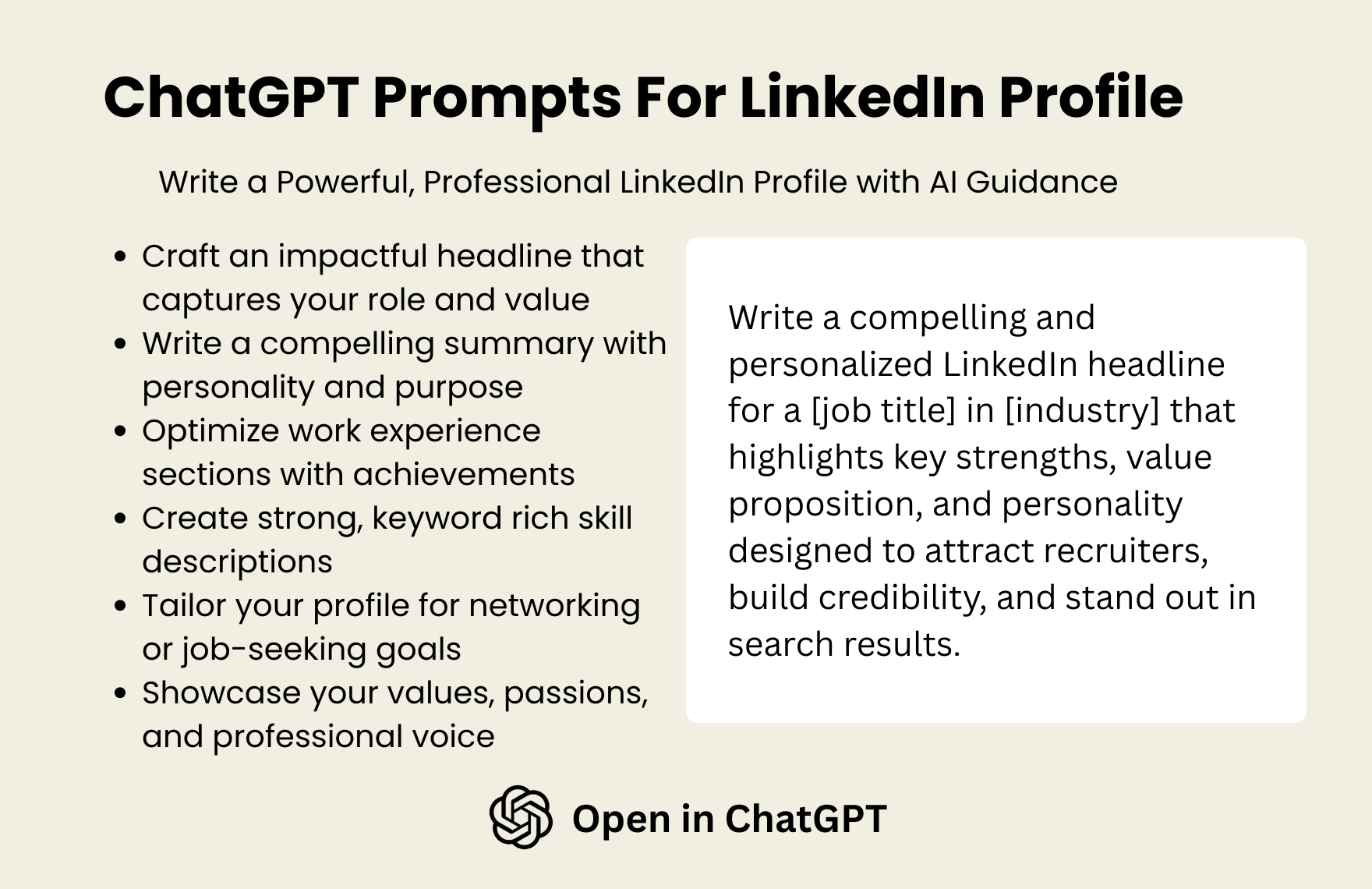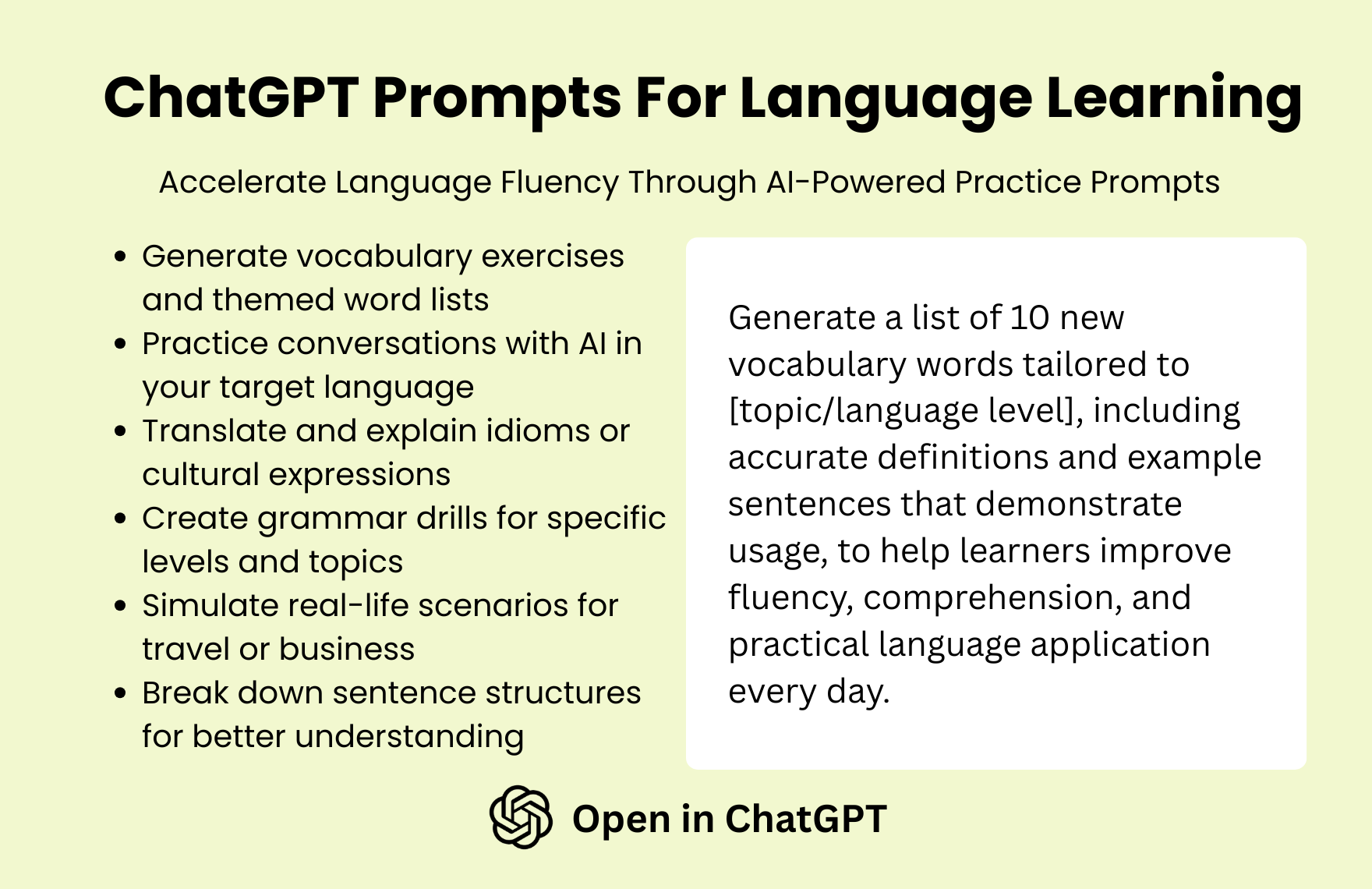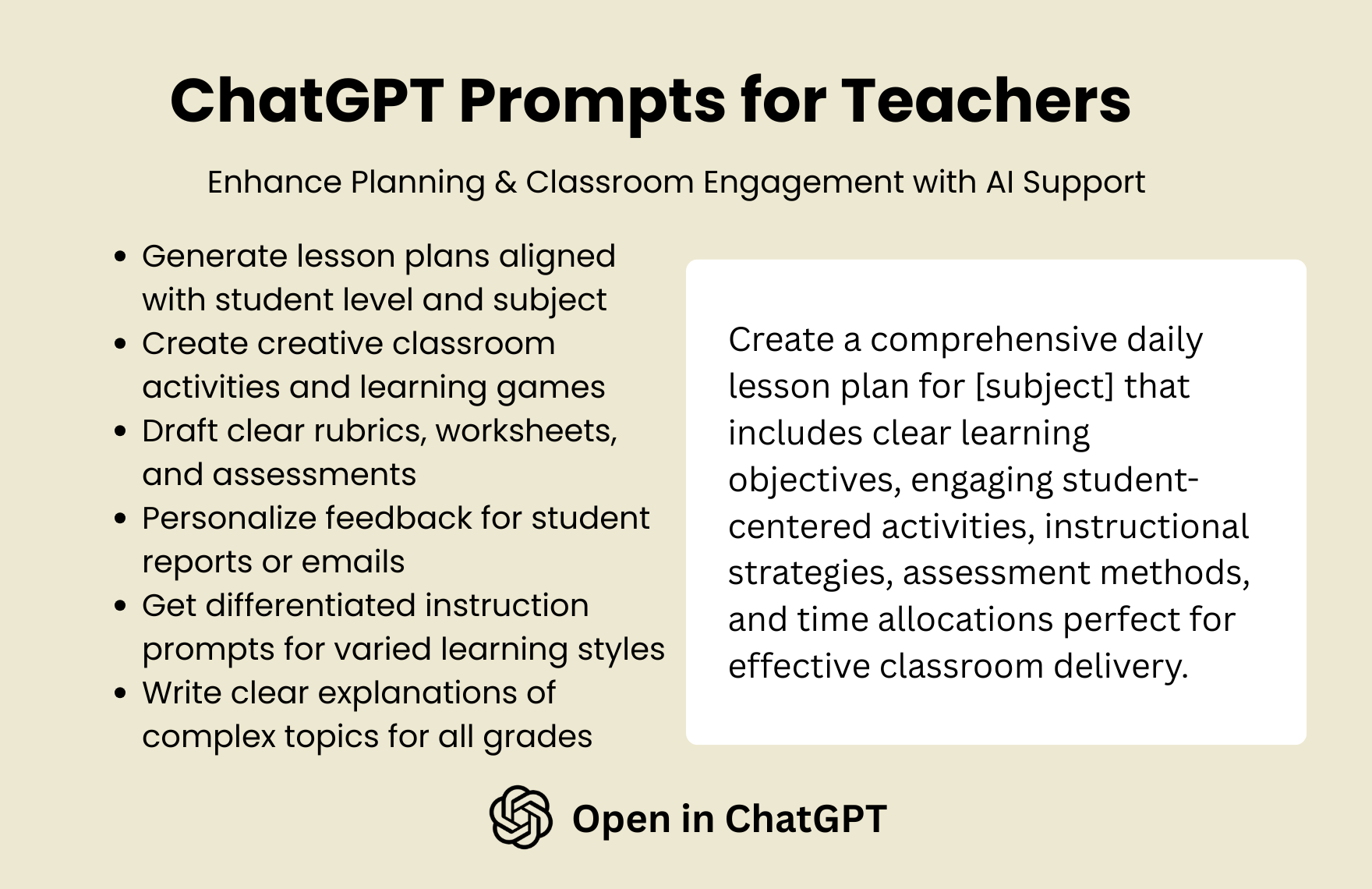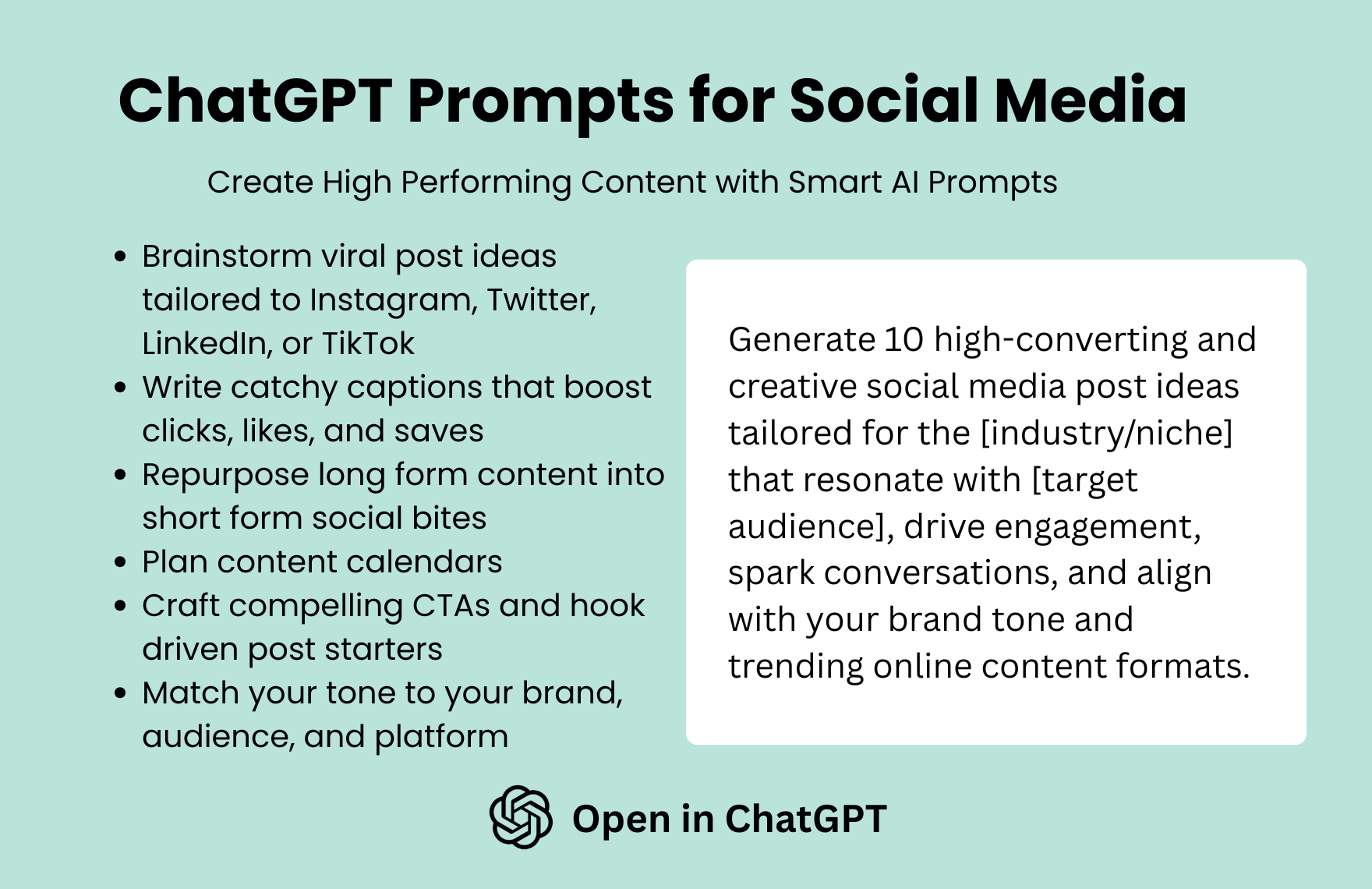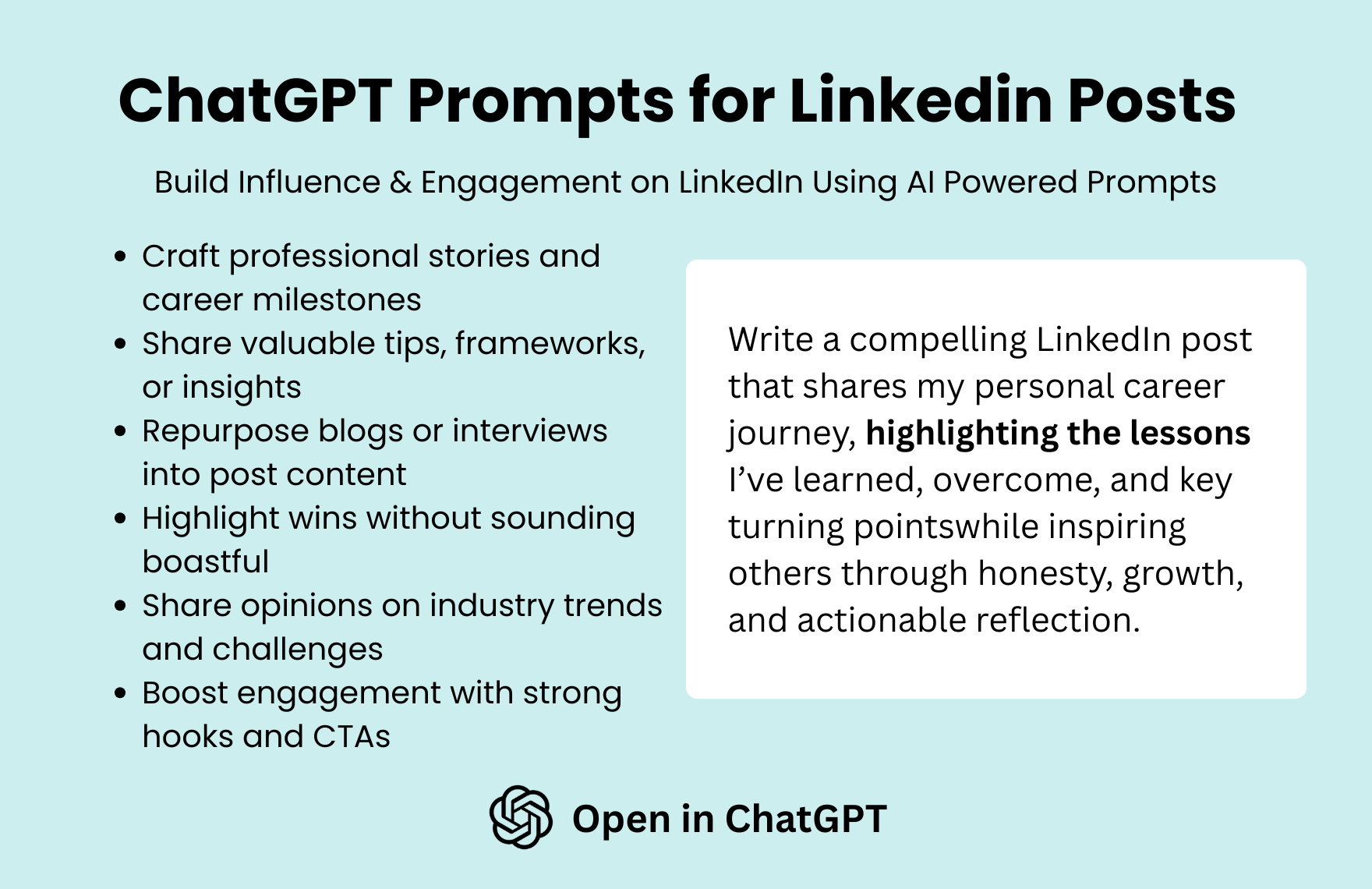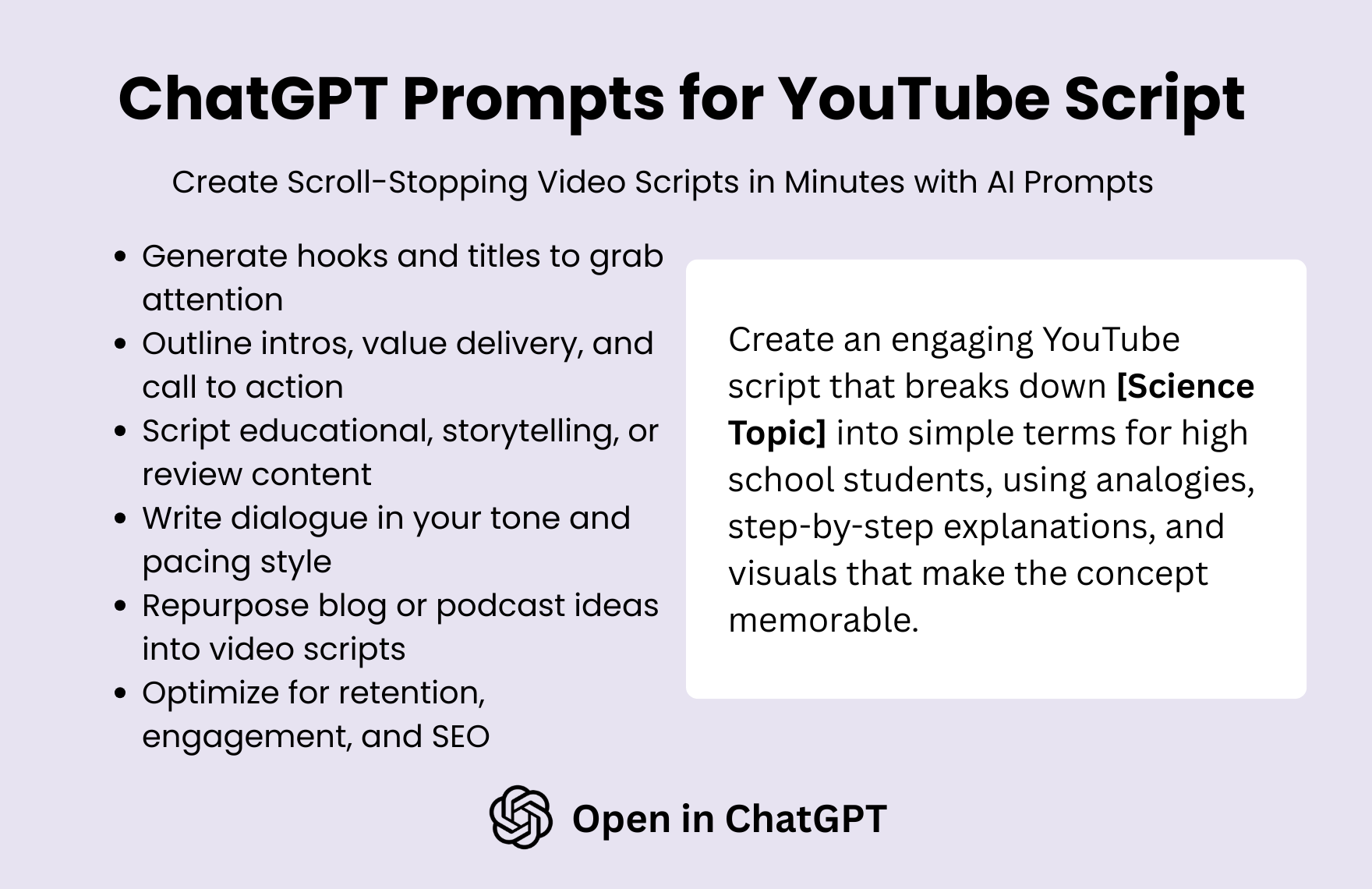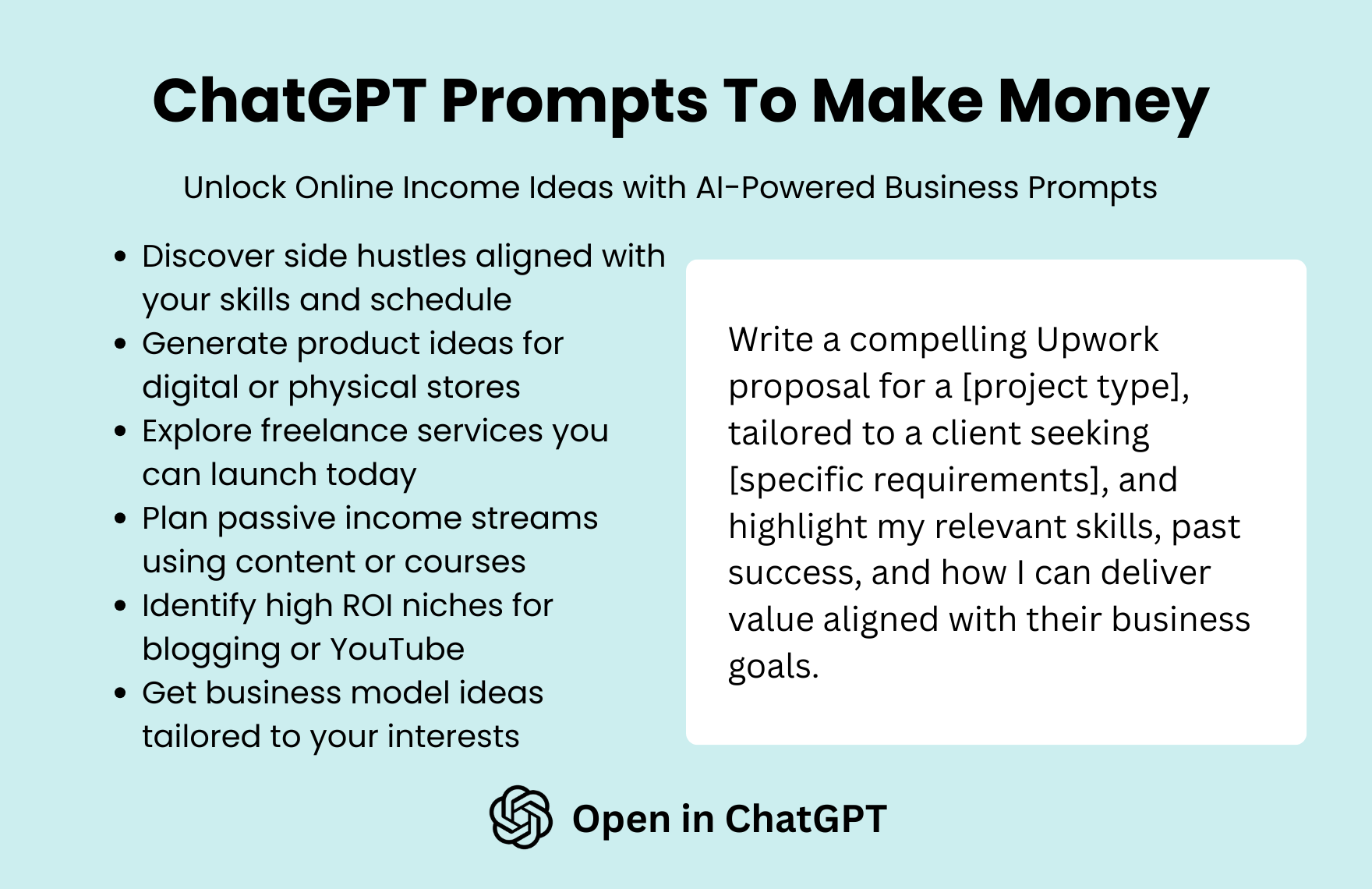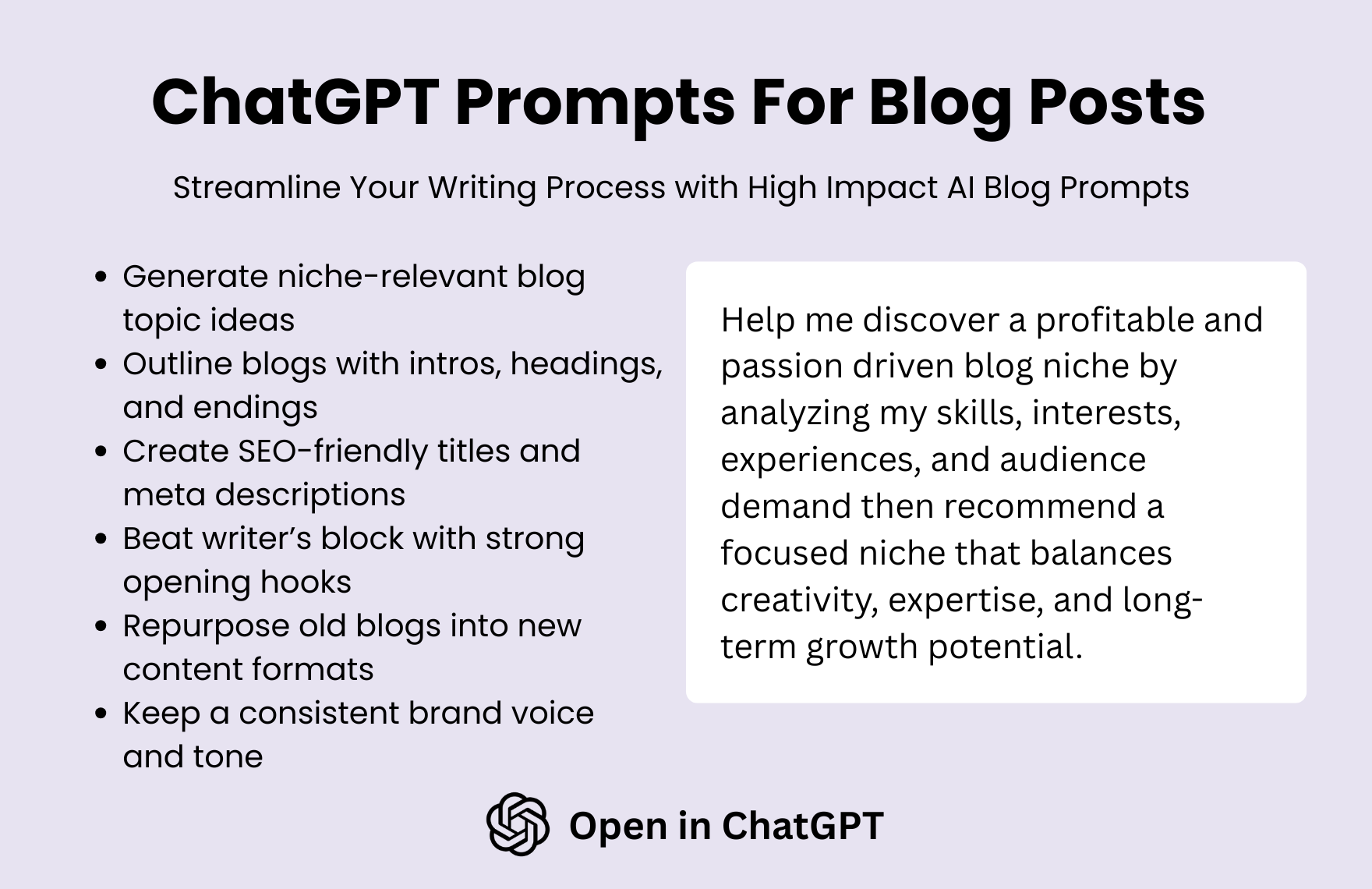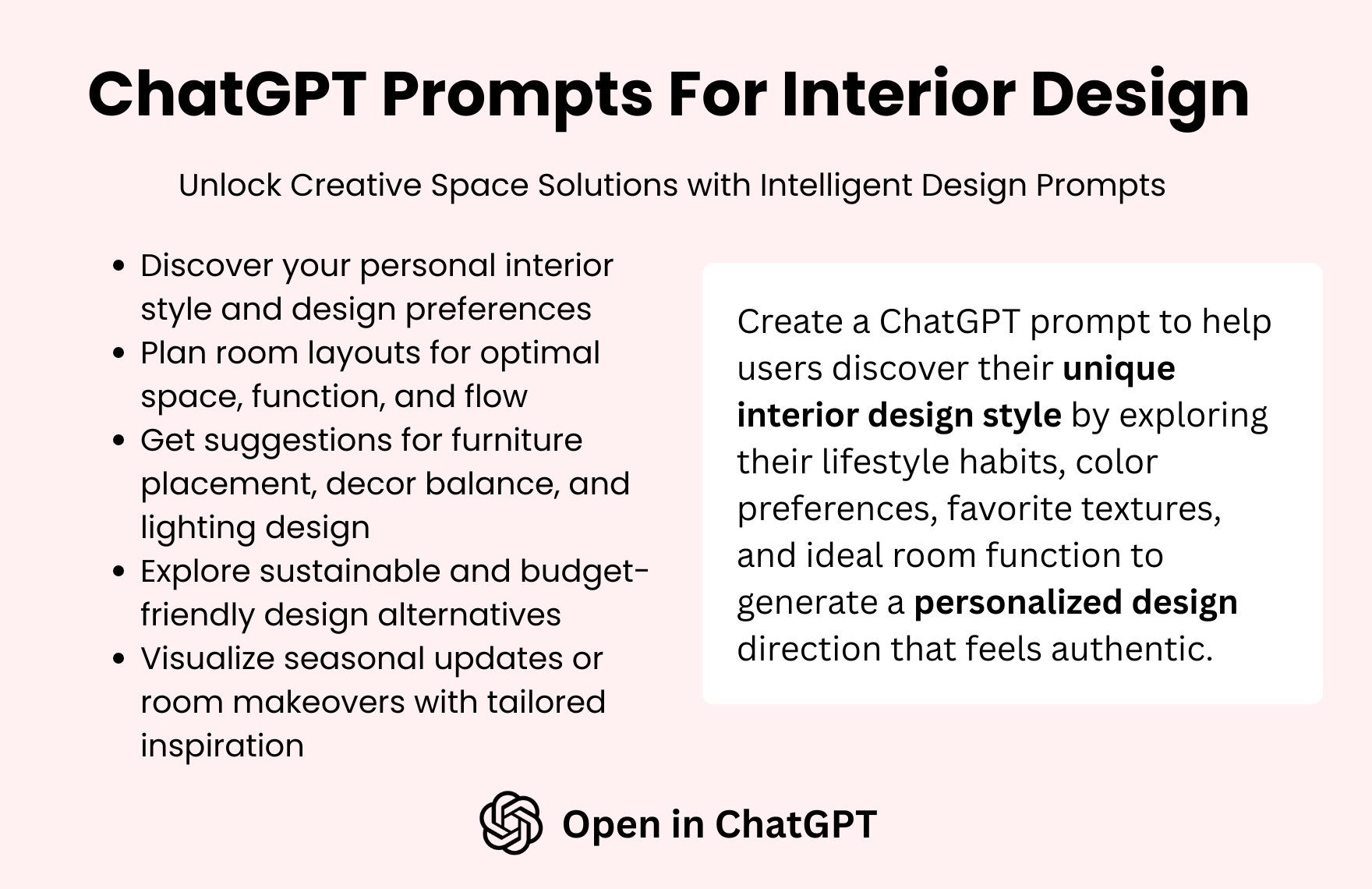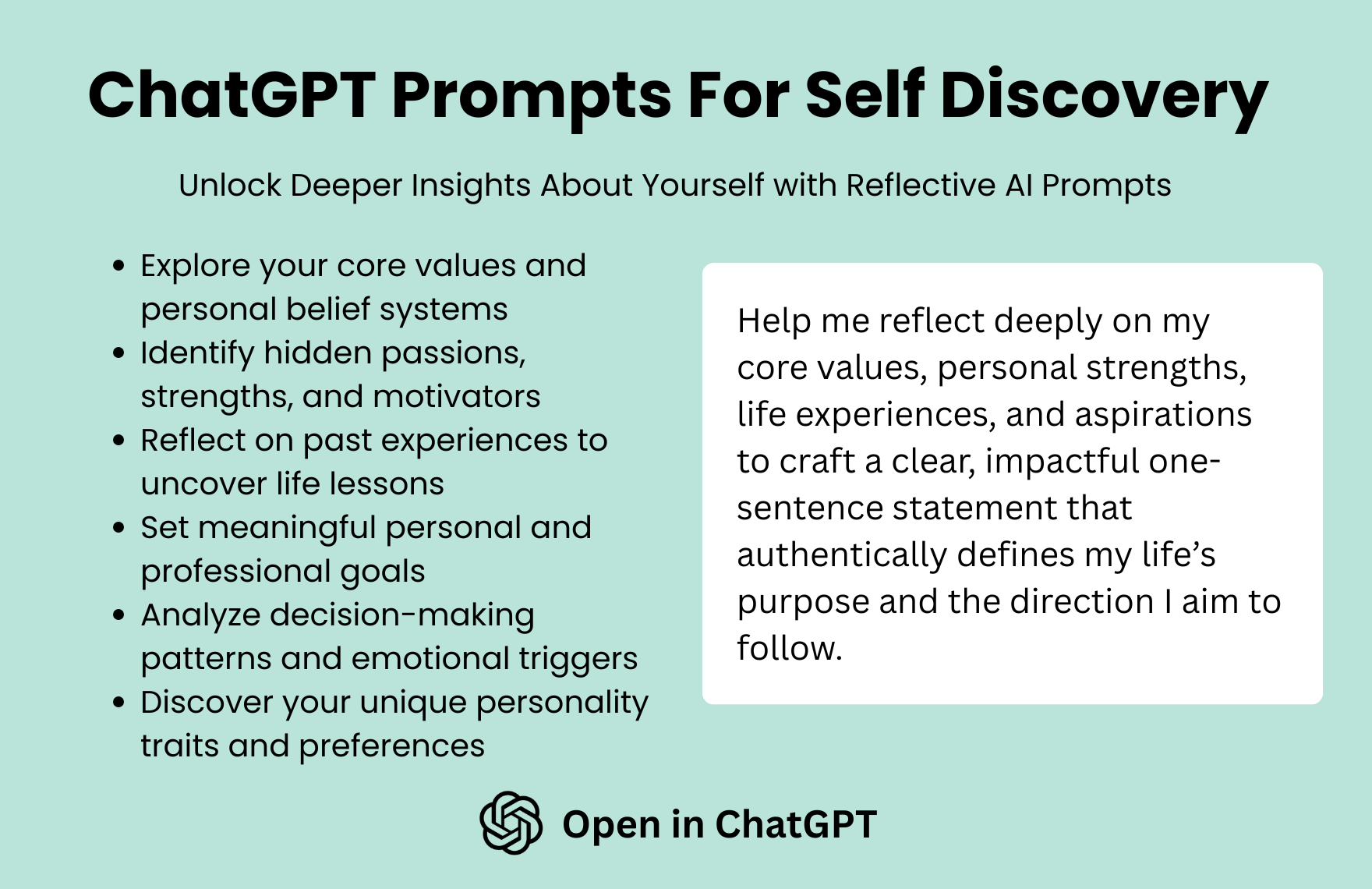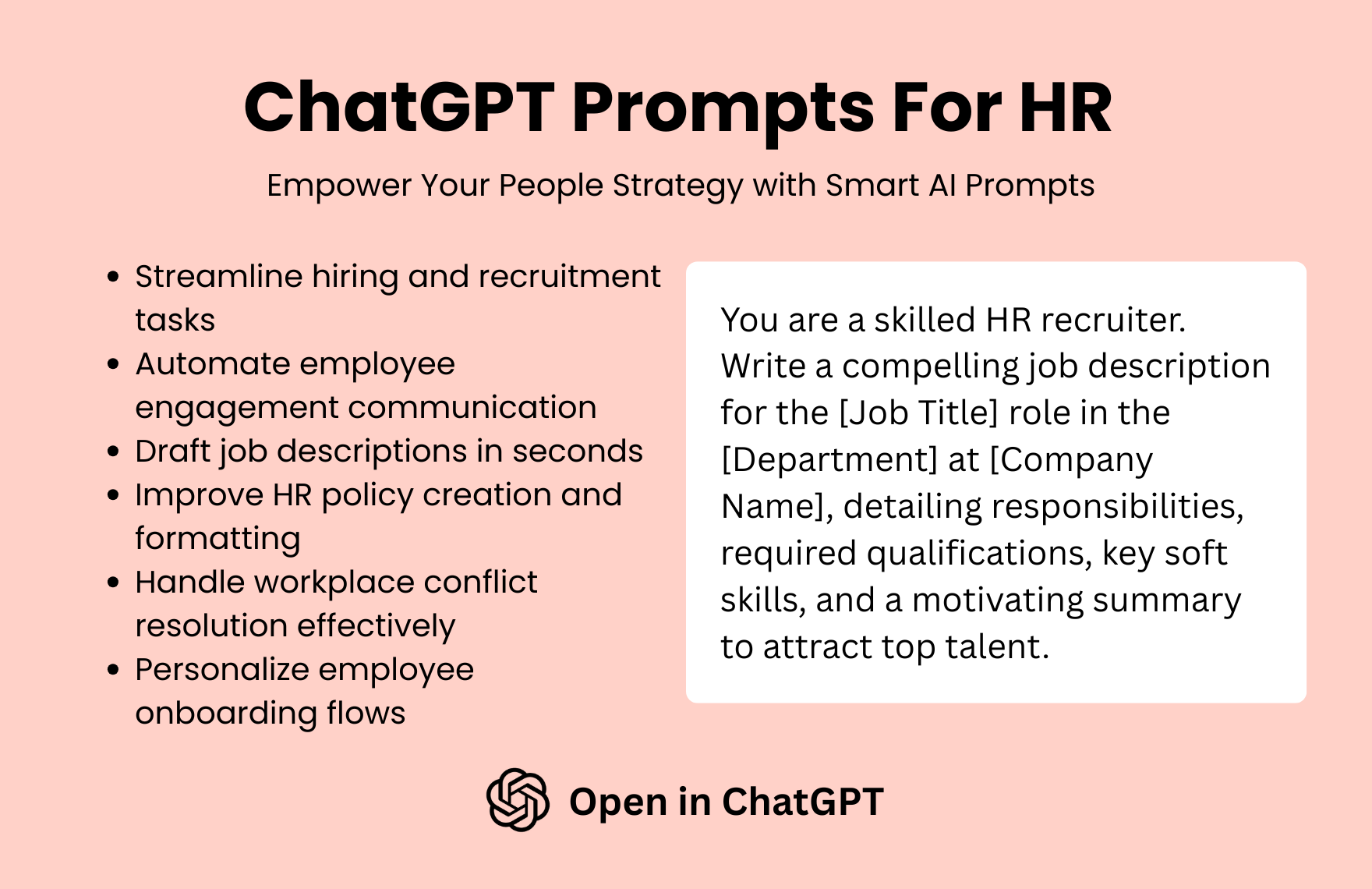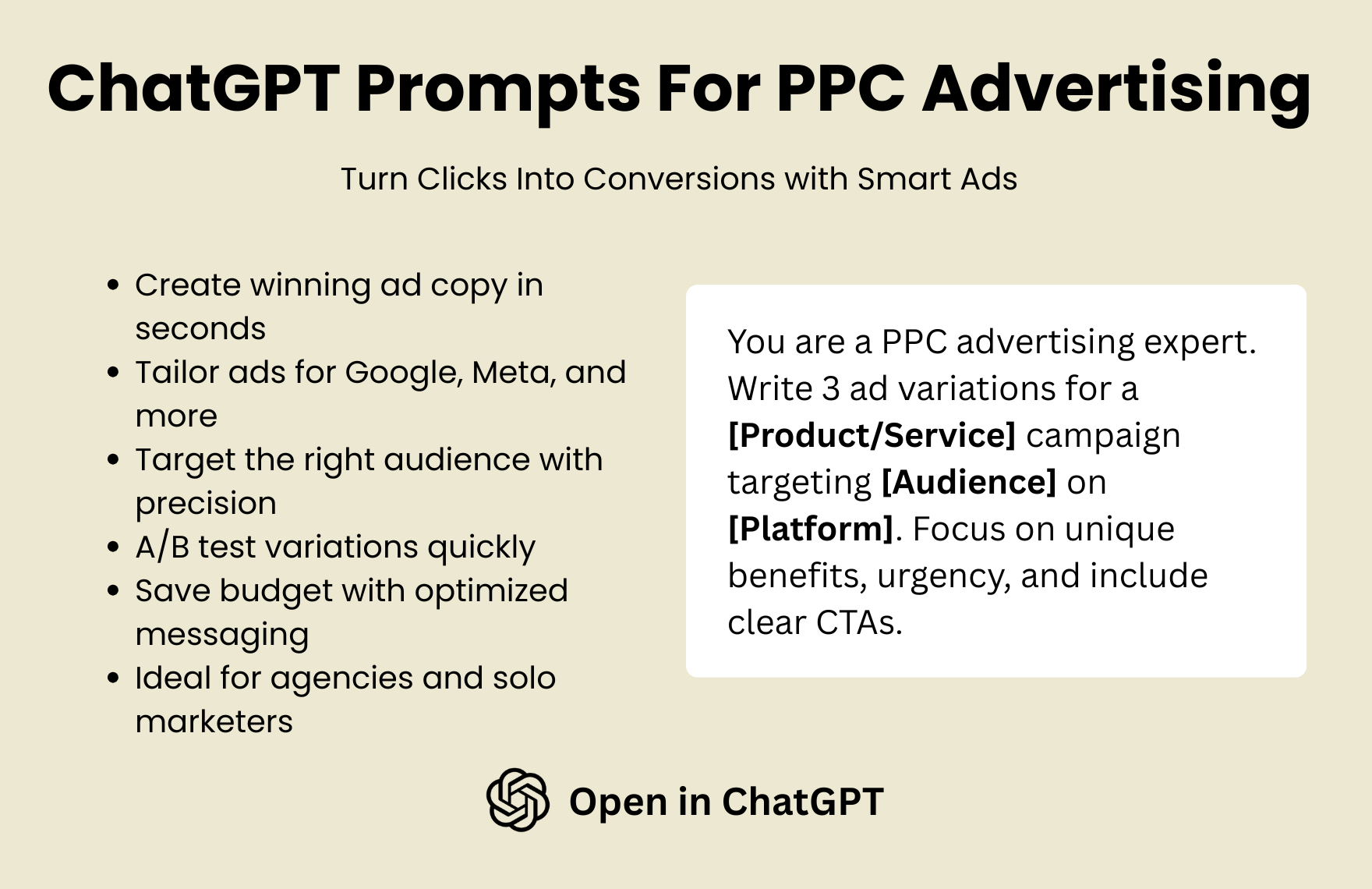Free ChatGPT Prompts For Affiliate Marketing
Free Download this ChatGPT Prompts For Affiliate Marketing Design in ChatGPT Format. Easily Editable, Printable, Downloadable.
Affiliate marketing thrives on precision targeted messaging, optimized content, and data-driven strategy. With these ChatGPT prompts, you can generate persuasive product reviews, high-converting CTAs, SEO-rich blog content, and personalized outreach messages. Perfect for scaling your affiliate income across platforms and niches.
Why Use ChatGPT Prompts for Affiliate Marketing
Write persuasive product reviews and comparison posts
Craft SEO-optimized blog and ad content for affiliate links
Create compelling CTAs for higher conversion rates
Build audience-specific email campaigns and landing pages
Identify trending topics and keyword opportunities fast
ChatGPT Prompts For Affiliate Marketing
Niche Research: List 5 profitable affiliate niches with low competition and growing demand in 2025.
Audience Targeting: Define a buyer persona for promoting tech gadgets to remote workers.
Content Calendar: Generate a 30-day content calendar for promoting affiliate links on a blog and YouTube.
High-Converting Headlines: Write 5 clickable blog post titles for affiliate product reviews in the {Niche} space.
Email Funnel: Create a 3-part email sequence that promotes an affiliate product without sounding pushy.
Comparison Content: Write a comparison article outline for two competing {Product Type} with affiliate links.
Social Media Scripts: Write 3 short scripts for Reels or Shorts promoting an Amazon affiliate product.
CTA Optimization: Suggest 5 CTA variations that encourage affiliate link clicks while maintaining user trust.
Where You Can Use These Prompts
Affiliate product review blog posts
High-converting email sequences for offers
Comparison content and buyer’s guides
Social media content promoting affiliate links
YouTube scripts for product demos and unboxings
SEO-optimized articles with affiliate CTAs
Bonus offer pages and lead magnets
Retargeting ad copy and scarcity-based messages
